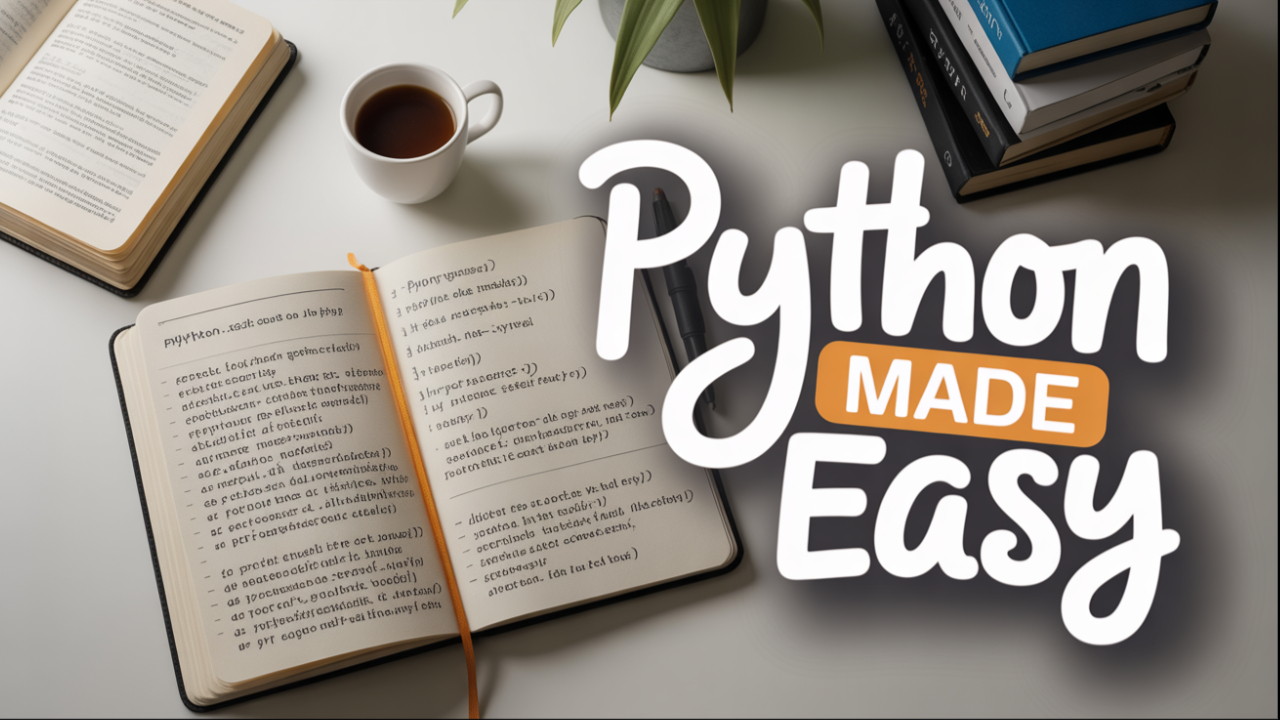About Course
Python Fundamentals – Course Description
Overview:
The Python Fundamentals course is designed for beginners and aspiring programmers who want to build a strong foundation in Python, one of the most popular and versatile programming languages today. This course introduces learners to core programming concepts, Python syntax, data types, control structures, functions, and basic problem-solving techniques, preparing them for advanced Python learning and real-world applications.
Who Should Enroll:
-
Beginners with no prior programming experience
-
Students and professionals aiming to learn Python for data science, AI, web development, automation, or software engineering
-
Anyone looking to build a solid programming foundation before moving to advanced topics
What You Will Learn:
-
Understanding Python syntax and semantics
-
Working with variables, operators, and data types
-
Implementing control flow and loops
-
Using functions, modules, and packages for modular programming
-
Managing lists, tuples, sets, and dictionaries
-
Writing simple Python programs and solving problems
Course Highlights:
-
Hands-on coding exercises to reinforce learning
-
Real-life examples for better understanding
-
Step-by-step guidance from basic to intermediate concepts
-
AICTE-aligned curriculum for structured learning and certification
Outcome:
By the end of this course, learners will have a strong grasp of Python fundamentals, enabling them to confidently write Python programs, solve basic programming challenges, and smoothly progress to advanced Python courses.
Course Content
Module 1: Introduction to Python
-
History and evolution of Python
-
Features of Python & its applications
-
Python installation and IDEs (IDLE, Jupyter, VS Code, PyCharm)
-
Running Python scripts and interactive mode
Module 2: Python Basics
Module 3: Control Flow
Module 4: Data Structures in Python
Module 5: Functions & Modules
Module 6: File Handling & Exception Handling
Module 7: Introduction to Object-Oriented Programming (OOPs)
Module 8: Practical Applications of Python
Student Ratings & Reviews


